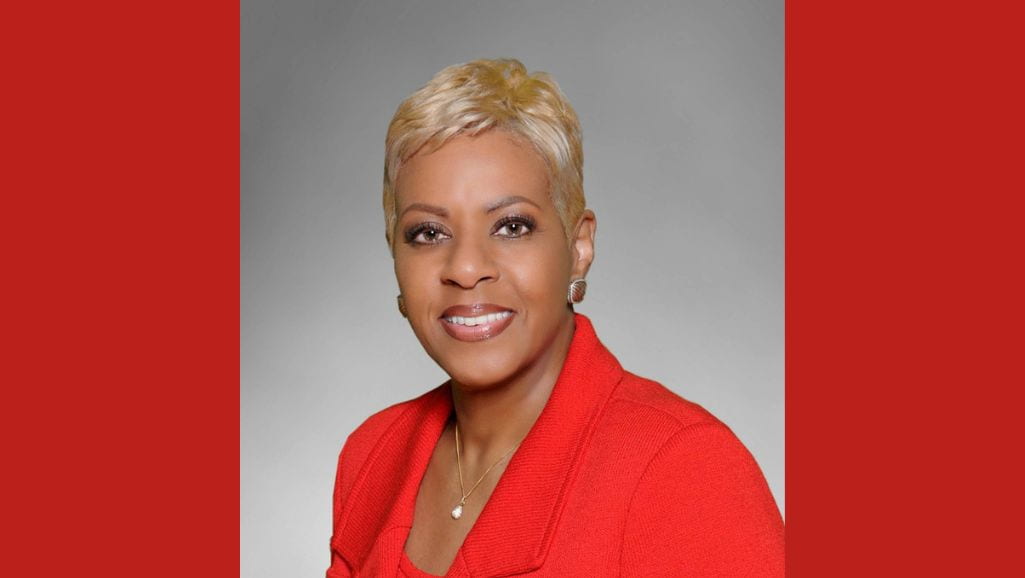Verneda Bachus, DHA, MBA, MA, CEO of Friend Health, Community Stakeholder Advisory Council Co-Chair
Where are you from?
I am originally from Memphis, Tennessee but grew up in Kansas City, Kansas. I came to Chicago almost 10 years ago to be CEO of Friend Family Health Center.
What led you to your current organization?
Prior to Friend, I was CEO of a federally qualified health center in Kansas City, Missouri [Swope Health]. I had spent several years in the electric and gas utility or energy industry, then started my own consulting business. Shortly before 9/11, I received a call from a friend who owned an executive recruiting company who asked me if I’d be interested in going to a health center. I said, “No, I have my own business; I’m doing fine.” He said, “I think you should look at it.” Once I took the tour and saw what they were doing, I was like, “This is God’s work, serving those who are the most vulnerable.” My father is a Baptist pastor–it’s almost a continuation of what my parents have been doing all their lives. I served 4 years as chief human resources officer, became chief operating officer; after 7 years, I became CEO. Now I’ve been in community health care for almost 22 years.
What do you hope to accomplish as a member of the CSAC?
As a community health center, our aim is to improve health outcomes for our community, to lessen or eliminate disparities, to address chronic conditions, and to ensure health equity. I believe that’s what C3EN and the CSAC are all about. I truly have a passion for ensuring health equity and ensuring those that those who may not have access to high quality healthcare have access.
What are some issues in your community you hope to resolve?
Friend serves the southeast and southwest sides of Chicago. We hope to address access to primary care and improve health outcomes, looking at the primary drivers of mortality, morbidity, diabetes, cardiovascular disease, COPD, substance use, and mental health. Five years ago Friend merged with HRDI, a community behavioral health organization. We want to make sure our community has access to care for substance use and mental health. We want to ensure we help guide them and coordinate care on things like housing, food access, transportation, employment, and education because, when we look at the health of an individual or community, the actual health care accounts for only about 15-20%, depending on the research. These other items, which are sometimes barriers to care, are so important to overall health.
What is something most people would be surprised to know about you?
People don’t believe this, but I am an off-the-chart introvert!

